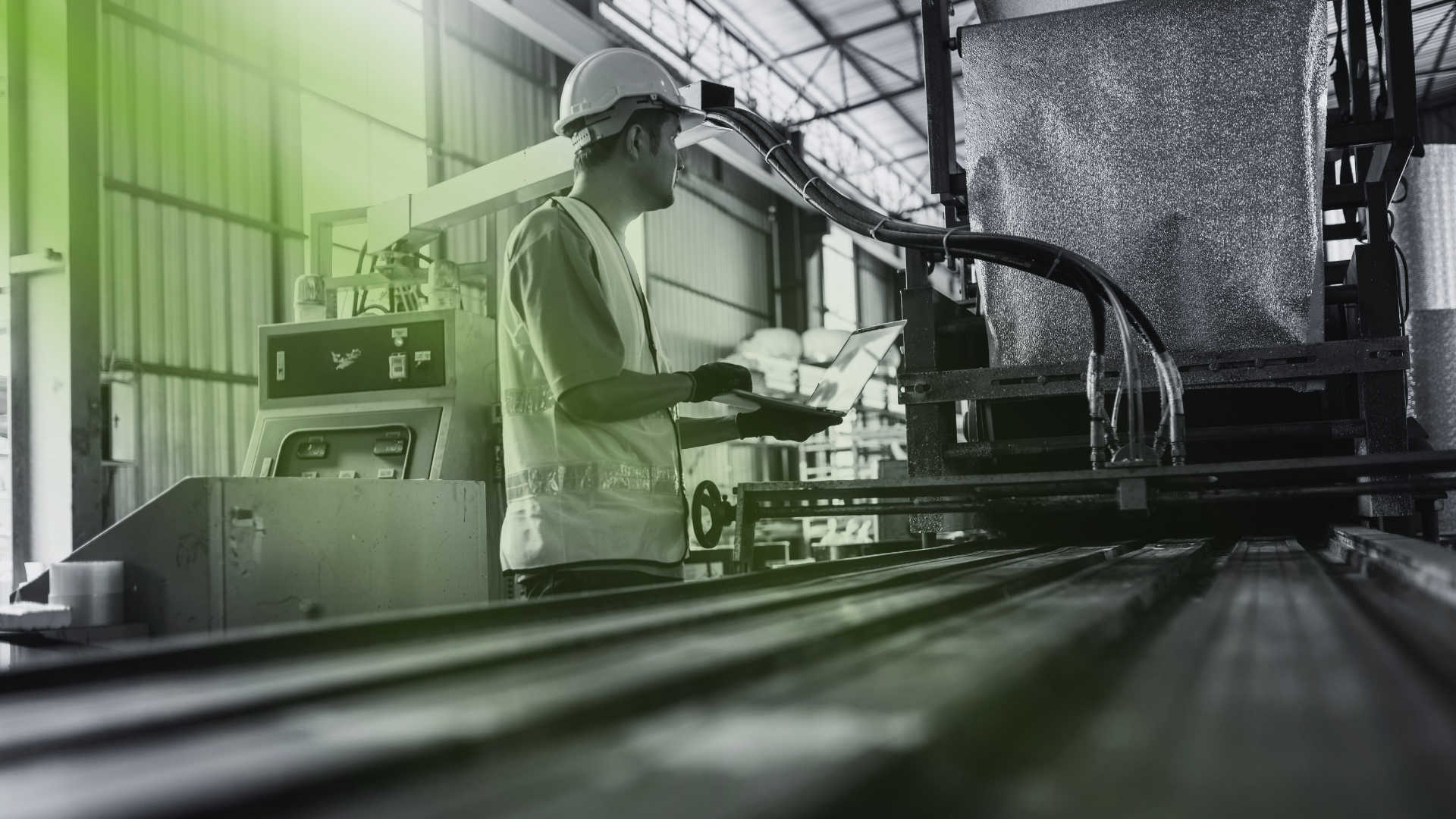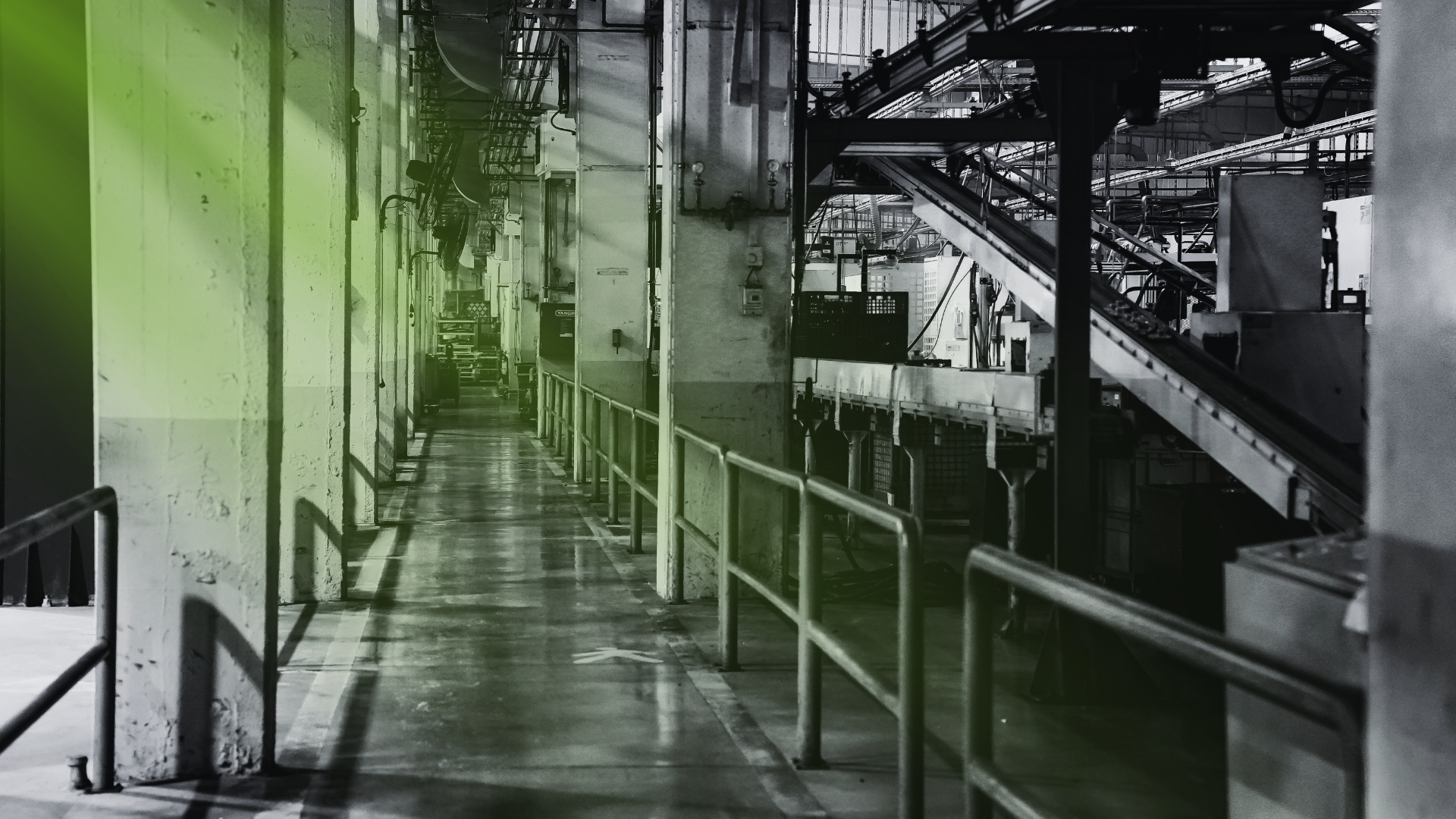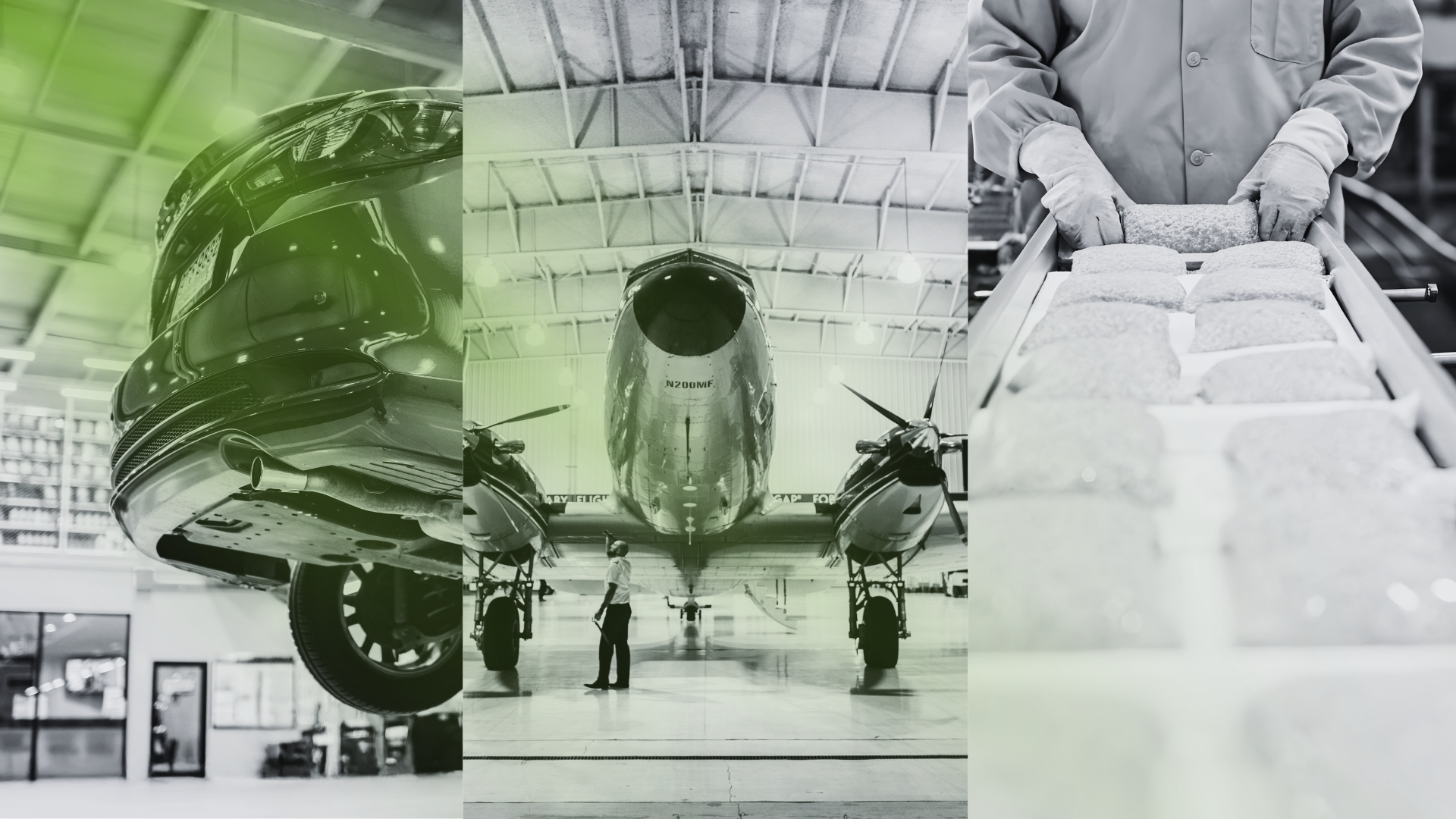As manufacturing enters a period of unprecedented change - with automation, digitalisation and AI reshaping how products are built - HR professionals in automotive, aerospace and FMCG organisations face a critical opportunity. The factories of tomorrow will not just need engineers, operators or operators of machines, they will need people who can work alongside technology, manage complex workforces and shape organisational culture amid change.
For HR leaders, the rise of “smart manufacturing” does not signal the end of human HR, it signals a transformation. Done right, AI becomes HR’s ally: boosting efficiency, freeing up capacity, improving workforce planning, and making talent management more strategic.
Smart Manufacturing Is Redefining Workforce Needs
Modern manufacturing is no longer defined purely by mechanical skill. Across the automotive, aerospace and FMCG industries, businesses are integrating:
- predictive maintenance technology
- robotics and automated quality control
- data-driven production planning
- digital twins and real-time monitoring
- advanced materials and new production methods
These developments reshape the skills landscape. Employers increasingly need individuals who combine traditional manufacturing expertise with digital and analytical capability. HR teams must respond to this shift by rethinking talent pipelines, workforce planning and long-term skill development.
The result? HR becomes a strategic partner in enabling the organisation’s technical transformation.
How AI Supports Not Replaces HR in Manufacturing
- AI Speeds Up Recruitment Without Replacing Judgment
AI can help HR teams in high-volume manufacturing environments by:
- automating CV screening
- identifying skills match against job profiles
- flagging potential talent based on experience patterns
- streamlining interview scheduling
- reducing time-to-hire for technical and mid-senior roles
But AI does not understand organisational culture, stakeholder expectations or behavioural nuance.
That’s where HR leadership still matters most.
AI handles the admin.
HR retains the decision-making power.
- Workforce Planning Becomes More Accurate and Future-Focused
AI-powered analytics can help HR anticipate:
- future skill shortages
- training and reskilling needs
- shifts in workforce demand due to new automation
- succession planning and leadership risk
- production peaks requiring flexible resourcing
This turns workforce planning from reactive to strategic, essential in sectors where demand and product cycles fluctuate.
- HR Administration Becomes More Efficient
HR teams in manufacturing often manage complex patterns of:
- shift work
- training certifications
- compliance records
- health and safety requirements
- overtime and absence tracking
AI-enabled HR systems can automate much of this, improving accuracy and freeing HR teams from time-consuming admin. This lets HR focus on engagement, retention and leadership support, areas where human insight is irreplaceable.
Challenges HR Leaders Must Manage Responsibly
While AI is highly beneficial, it’s not without risks. Senior HR professionals should establish clear frameworks around:
- Bias and Fairness
AI tools must be regularly assessed to ensure fair and consistent outcomes, especially in recruitment and performance evaluation.
- Data Protection and Employee Trust
Manufacturing HR teams often work with sensitive information. Clear communication around how AI systems use employee data is essential.
- Maintaining the Human Element
Employees value empathy, communication and human connection, none of which AI can replicate. HR must safeguard these aspects as automation increases.
- Change Management and Workforce Acceptance
Introducing AI requires cultural readiness. HR plays a central role in managing communication, training and adoption.
What you Should Prioritise in 2026 and Beyond
To ensure AI enhances HR’s impact in manufacturing, leadership teams should focus on:
- Starting with Practical, High-Value Use Cases
Implement AI where it reduces admin burden or improves accuracy without disrupting sensitive processes.
- Keeping HR’s Human Judgment Central
Make it clear that AI assists decision-making, it doesn’t drive it.
- Building Data Confidence and Governance
Robust policies ensure AI is used ethically and consistently.
- Aligning HR Strategy to Manufacturing Transformation Plans
AI tools become most powerful when HR is aligned with operations, engineering and leadership teams.
- Positioning Manufacturing as a Modern, AI-Enabled Career Path
Use the digital transformation narrative to attract digitally skilled professionals who may not previously have considered manufacturing.
Manufacturing is entering a new era of technology-driven performance. For HR in automotive, aerospace and FMCG, AI is not a threat, it’s an opportunity.
It enables HR teams to:
- work more strategically
- plan workforce needs with greater accuracy
- engage employees more effectively
- support long-term organisational growth
As factories get smarter, HR’s role becomes even more pivotal in shaping the workforce behind them.
Looking to build a workforce equipped for the next era of manufacturing?
Our experts connect HR leaders with the mid-to-senior talent needed to drive innovation and change. Get in touch today to start strengthening your team.


